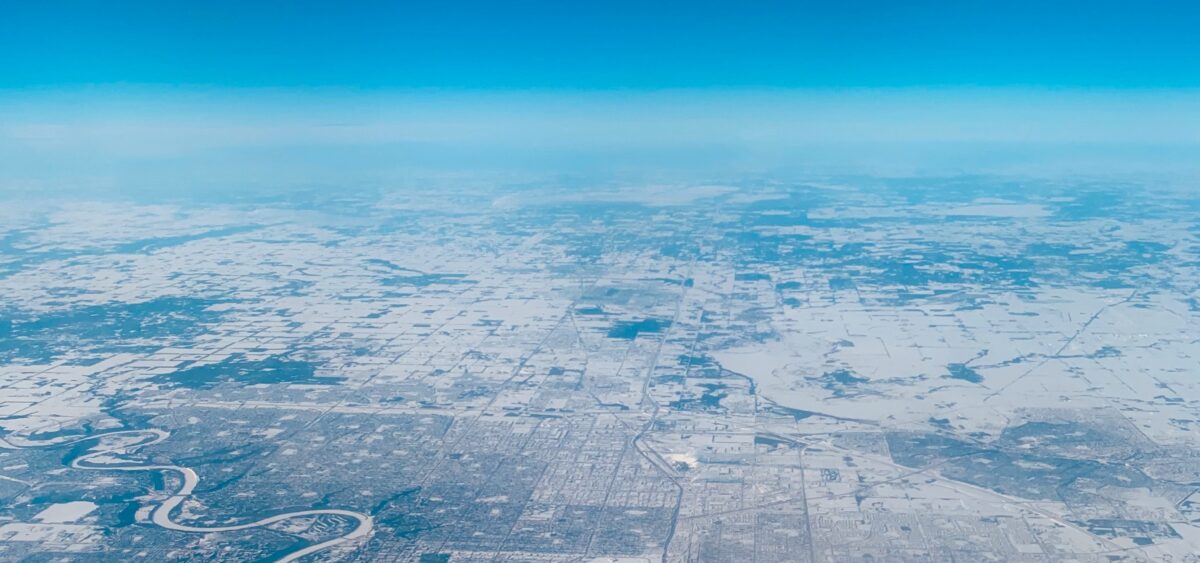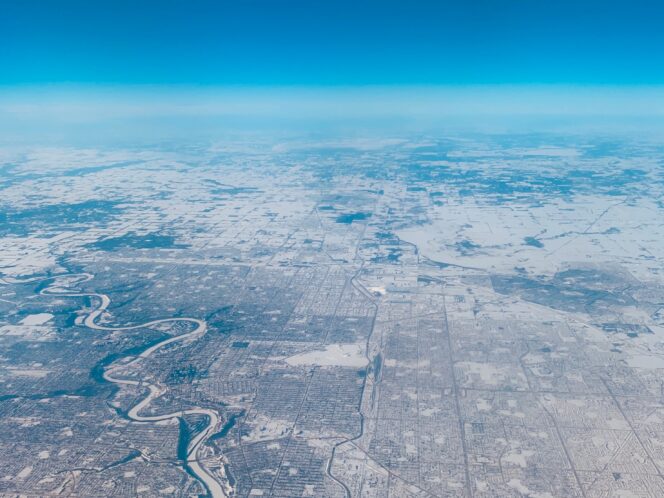
I love to imagine what would happen if our politicians read books. In what kind of country and mood would I wake up in if I possessed the knowledge that the President, Prime Minister and Speaker of the Sejm – just like other distinguished personalities in this world – had been up since 5am, their minds immersed in a book, before the everyday, mundane matters took over their now fully-awake heads. I imagine how they would attempt, through reading, to anticipate and solve upcoming quandaries and widen the scope of their policymaking, and how every once in a while, while reading, they would contemplate ways in which we humans could be more content, trusting, healthy and well-educated. How great would Poland be, if only its leaders slept less and read more!
There is no need to imagine or imply that our politicians read nothing but fake news dedicated to them. After all, among these jacks-of-all-trades (depending on what job, pardon me, what government department they land), a number of traits is quite commonplace: a terrible






